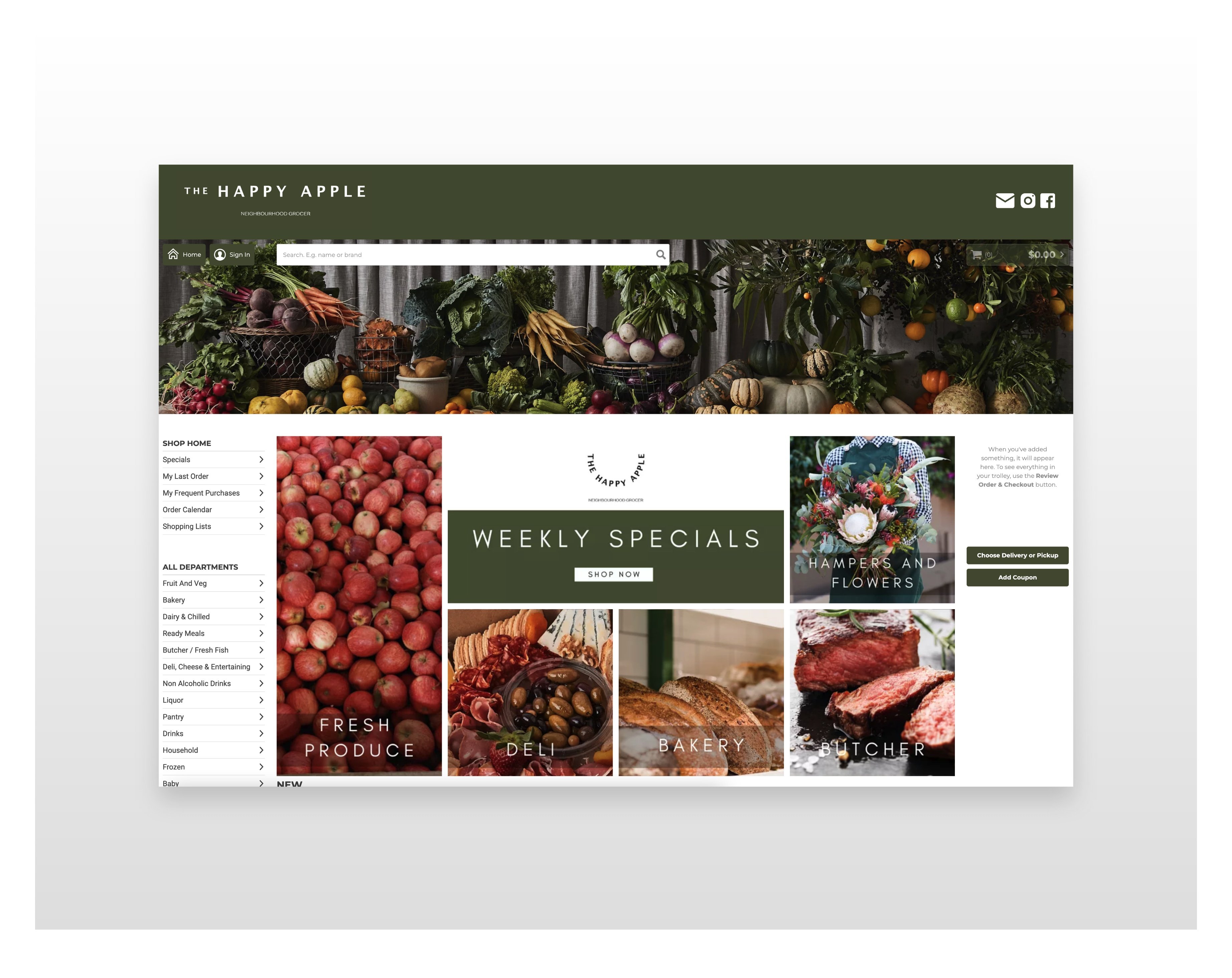
Online customers are often placing a weekly order and are looking for a convenient hassle-free experience. Substituting is important to ensure that the customer's basket is as complete as possible. For example, if you are baking a cake and did not supply any flour, then the customer can’t bake their cake and will have to make a specific trip to the store for flour which ends up being very irritating. The other important reason is about maintaining basket spend value. For every substitution you do not offer, these are dollars that are walking out of the door. When substituting is done right, it can provide fantastic customer satisfaction and convert customers into long term repeat shoppers. If you fail to do it properly it can end up causing the opposite result and upset customers. Fortunately, our below guide helps you understand the dos and don’ts of substituting.
Myfoodlink substitution management system
When customers shop they can choose whether they would like substitutes on all products or particular products. These customer preferences flow through to the picking of the customers in order to ensure that their choices are respected. When picking orders the Myfoodlink system will provide options for substitutes from the relevant product category for you to easily choose from or you can search/scan for a specific product. Once a product has been selected you can easily price match the product and also turn off the product that was out of stock.
Choosing a suitable substitute
When choosing a substitute for a customer it is important to put yourself in the customer's shoes, look at the product that is out of stock and think what is a suitable similar product. For example, if a customer has ordered Gluten Free then you need to find a replacement that also is, or perhaps a product is Free Range, this is often important to customers and must be substituted with this in mind. We have made an easy table of some examples to follow:
Examples of Acceptable Substitutes

Examples of Unacceptable Substitutes

Exceptions to the rules
Certain products are often difficult to substitute just because of the nature of what they are. These sorts of products are generally easy to identify when you think about your personal preferences. For example Coffee, it is a very personal taste and many customers may not want this substituted for an alternative brand. Another example would be Cadbury Caramello, swapping this for another flavour just isn’t suitable as customers tend to have a specific preference. The best thing to do in these situations is to call the customer and ask them what they would like to ensure you get this decision correct.
Training staff for substitution management
Decision making around substitutions is always subject to the opinion of the picker. It takes time and practice to train pickers on what is acceptable and not acceptable. Staff who are young e.g 16-21 often have never shopped a grocery order for themselves or a household and can struggle with putting themselves in the shoes of the general customer. Parents who shop for their households make fantastic pickers when it comes to understanding substitutions as children are the fussiest customers of them all! When training in-store it is good to take your pickers through numerous scenarios of what is and is not acceptable. Never assume it is easy for staff to identify what is acceptable as often our personal opinions of what we would find acceptable varies greatly from others.
Substitution policy
It is important to decide on what your substitution policy is in regards to pricing. Often the larger supermarket chains will offer price matching for substitutes of a higher price and will reduce the price for the cheaper substitute. This is very good for customer satisfaction and often sits well with the customer but can also be expensive at times. As a whole, we recommend price match as it is your responsibility as the retailer to keep your website's product availability as accurate as possible. In our Myfoodlink system, we have an easy to use functionality to manage this when picking orders. For example, charging the customer for a substitute that might not be on promotion could cost them significantly more and upset them which could easily end up turning into a refund which will cost even more.
If you have good stock management in-store, substitutions generally have a very little impact across all orders. If you struggle to manage stock or have a small product range with low product alternatives then charging for the actual price of substitute will be the way to go. We highly recommend you call all customers when doing substitutes in this scenario to maintain customer satisfaction.

